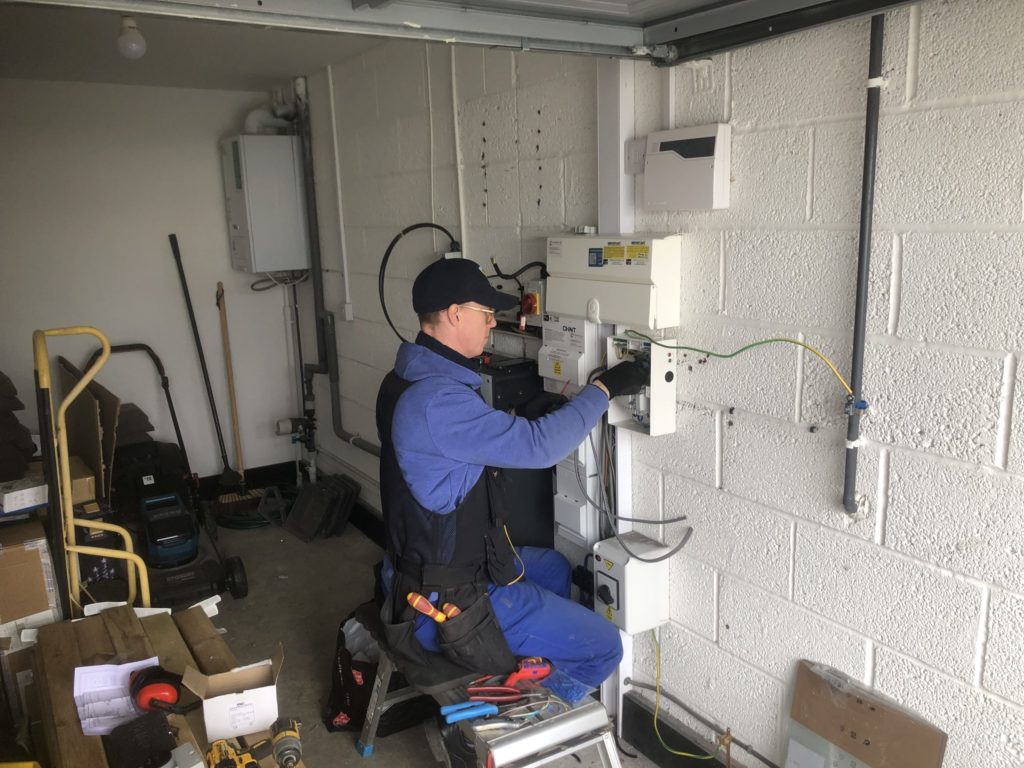Taking on DIY electrical projects can be both rewarding and cost-saving. However, it’s crucial to approach these tasks with caution, as electrical work can be dangerous if not done correctly. Here, we’ll cover the key things to watch out for when doing DIY electrical work, how to identify serious electrical problems, and when it’s time to call a professional.

Key Things to Watch Out For in DIY Electrical Work
- Understanding Electrical Codes and Regulations
- Before starting any electrical work, familiarize yourself with local electrical codes and regulations. Adhering to these standards ensures your work is safe and legal.
- Power Off
- Always turn off the power at the breaker box before starting any electrical work. Use a voltage tester to confirm the power is off to avoid electric shocks.
- Use Proper Tools and Materials
- Ensure you have the right tools and materials for the job. Using the wrong type of wire or connectors can lead to unsafe conditions.
- Avoid Overloading Circuits
- Be mindful of the load on your electrical circuits. Overloading can cause overheating and potentially lead to fires.
- Correct Wiring Practices
- Pay attention to proper wiring techniques. Incorrect wiring can cause short circuits, which are dangerous and can damage appliances.
- Inspect Old Wiring
- If you’re working on an older home, inspect the existing wiring for wear and tear. Old or damaged wiring should be replaced to ensure safety.
- Proper Grounding
- Ensure all electrical systems are properly grounded. Grounding helps prevent electrical shocks and damage to electronics.
Signs of Serious Electrical Problems
Frequent Circuit Breaker Trips
- If your circuit breaker trips frequently, it could indicate an overloaded circuit or a more serious wiring issue.
Flickering or Dimming Lights
- Lights that flicker or dim can be a sign of loose wiring or a problem with the electrical panel.
Burning Smell or Sparks
- A burning smell or visible sparks are clear signs of a serious electrical problem that needs immediate attention.
Warm Outlets or Switches
- If outlets or switches feel warm to the touch, it could indicate an overloaded circuit or faulty wiring.
Buzzing or Humming Sounds
- Unusual sounds from your electrical system can be a sign of loose connections or faulty components.
When to Call a Professional
Complex Electrical Work
- If your project involves complex tasks such as installing new circuits, updating the electrical panel, or extensive rewiring, it’s best to call a professional.
Persistent Electrical Issues
- If you experience persistent electrical problems despite your DIY efforts, a professional electrician can diagnose and fix the underlying issue.
Compliance with Regulations
- For projects that require permits or inspections, such as major renovations, professional electricians ensure compliance with local codes and regulations.
Safety Concerns
- If at any point you feel unsure about the safety of your work, it’s wise to consult a professional. Electrical safety should never be compromised.
Further Information on the GOV Website
For information on the design, installation, inspection, testing and provision of information, visit the Gov Website at: https://www.gov.uk/government/publications/building-regulations-part-p-electrical-safety-in-dwellings
Conclusion
DIY electrical work can be manageable and cost-effective, but it’s essential to know your limits and recognize when professional help is needed. At Plugged In Electricians, we’re here to assist with any electrical concerns, ensuring your home’s electrical system is safe and up to code. Remember, when it comes to electrical work, safety should always be your top priority.
For more information or help with your electrical needs, call us on 01524 932524 or visit our website www.pluggedinelectricians.co.uk to speak with one of our electricians.
